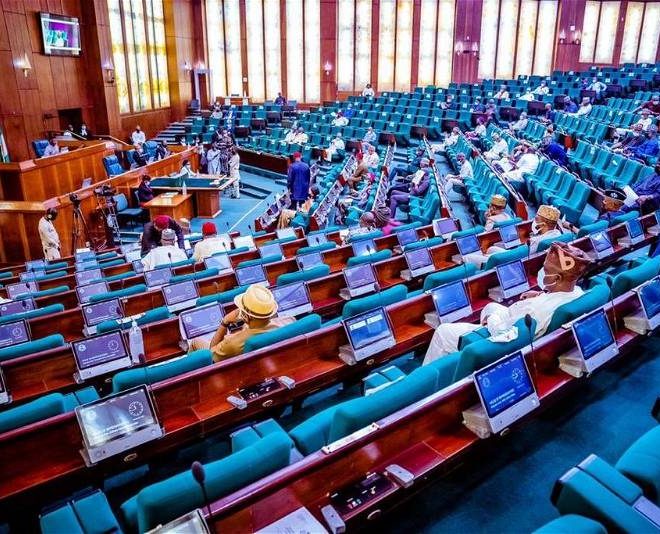The House of Representatives Committee on Basic Education has expressed support for the Federal Government’s recent decision to set a minimum age requirement for candidates taking the Senior Secondary School Certificate Examination (SSCE).
Starting in 2025, candidates below the age of 18 will not be allowed to sit for the SSCE, a key requirement for gaining admission into higher institutions of learning.
The announcement, made by the Minister of Education, Prof. Tahir Mamman, in July, has sparked significant debate among parents and education stakeholders.
In an exclusive interview, Mark Useni, Chairman of the House of Representatives Committee on Basic Education, outlined why the government is unlikely to reverse the decision.
Useni noted, “The Committees on Basic Education and Examination Boards took this matter to the leadership of the House of Representatives. The Speaker, Tajudeen Abbas, promptly appointed the House Leader, Prof. Julius Ihonvere, to moderate a meeting between the two committees and the Minister of Education, Prof. Tahir Mamman.”
At a meeting held on September 4, attended by key education officials, including the Minister of State for Education, Dr. Tanko Sununu, and heads of basic education examination bodies, Prof. Mamman defended the age requirement policy.
He explained that the policy is rooted in the Universal Basic Education Act and pre-dates the adoption of the current 6-3-3-4 education system. Mamman also noted that similar age requirements exist in military and paramilitary institutions and that the voting age in Nigeria is also set at 18 years.
Useni criticized the trend of children as young as 12 seeking university admission, emphasizing that the policy is designed to align students’ education with their cognitive and physical development.
He stressed the need for the Ministry of Education to create a framework for the smooth implementation of the policy and ensure that current senior secondary students are not left stranded when the policy takes full effect.
Useni added, “We mandated the minister and his team to work out ways of handling the policy based on data available to the ministry and ensure that the policy does not jeopardise public interest.”










